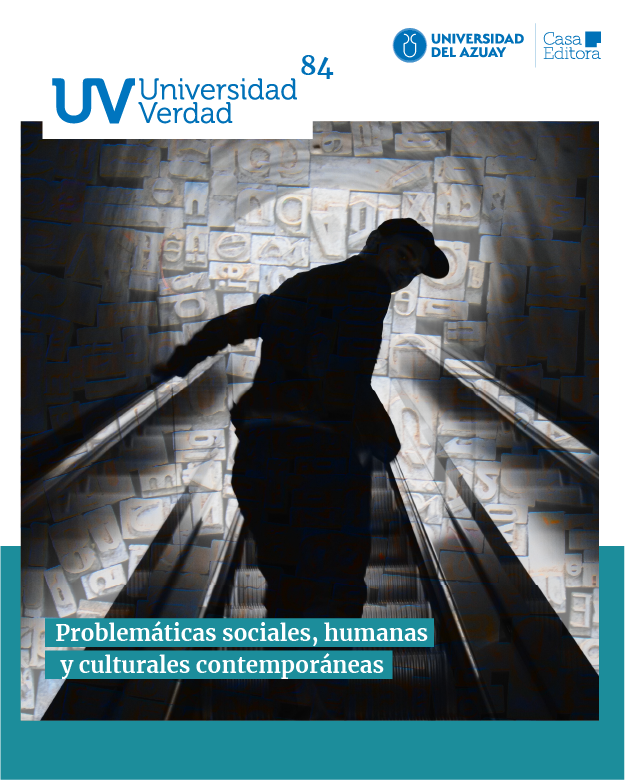MITOS SOBRE LAS ALTAS CAPACIDADES EN PADRES DE FAMILIA, DOCENTES Y DIRECTIVOS ESCOLARES
DOI:
https://doi.org/10.33324/uv.vi84.784Parole chiave:
altas capacidades, mitos, padres de familia, profesores, directivosAbstract
Los mitos respecto al estudiantado con altas capacidades suelen ser uno de los aspectos que limitan su detección y atención, por parte del profesorado. En este estudio se analizó cómo se presentan estas creencias, en una población de 16 padres de niños con altas capacidades, 35 profesores y 17 directores de los centros escolares de Cuenca-Ecuador, a los que asisten estos niños. Utilizamos el cuestionario “mitos de las altas capacidades”, que se ha aplicado en estudios previos. El tamaño de la muestra incidencial fue reducido, porque nos interesaba la percepción de agentes educativos que estén relacionados con esta condición. Pudimos encontrar que los mitos son más prevalentes en la población de directores y profesores, pero, además, los estereotipos que presentaron diferencias significativas se refieren al valor del coeficiente intelectual como indicador definitorio de las altas capacidades, así como la asociación de esta condición con alto rendimiento escolar y mejores calificaciones. Si bien en los agentes educativos hay un porcentaje importante de aciertos que demostraría que estas creencias no están en la mayoría de los participantes consultados, los resultados de este estudio demuestran que es necesario que el análisis de los mitos sea un aspecto que se revise y discuta permanentemente en las
escuelas.
Palabras clave: altas capacidades, mitos, padres de familia, profesores, directivos.
Abstract
Myths regarding gifted students are usually one of the aspects that limit their detection and attention by teachers. In this descriptive study, we analyzed how these beliefs are presented in a population of 16 parents of children with high abilities, 35 teachers, and 17 directors of the schools in Cuenca-Ecuador, which these children attend. We used the “myths of gifted” questionnaire, which has been applied in previous studies. The sample size was reduced because we were interested in the perception of educational agents related to this condition. We were able to find that myths are more prevalent in the population of directors and teachers, but, in addition, the stereotypes that presented significant differences refer to the value of IQ as a defining indicator of high abilities, as well as the association of this condition with high school performance and better grades. Although there is a significant percentage of correct answers among educational agents that would demonstrate that these beliefs are not present in the majority of the participants consulted, the results of this study demonstrate that it is necessary for the analysis of myths to be an aspect that is reviewed and discussed. permanently in schools.
Keywords: gifted, myths, parents, teachers, managers.





